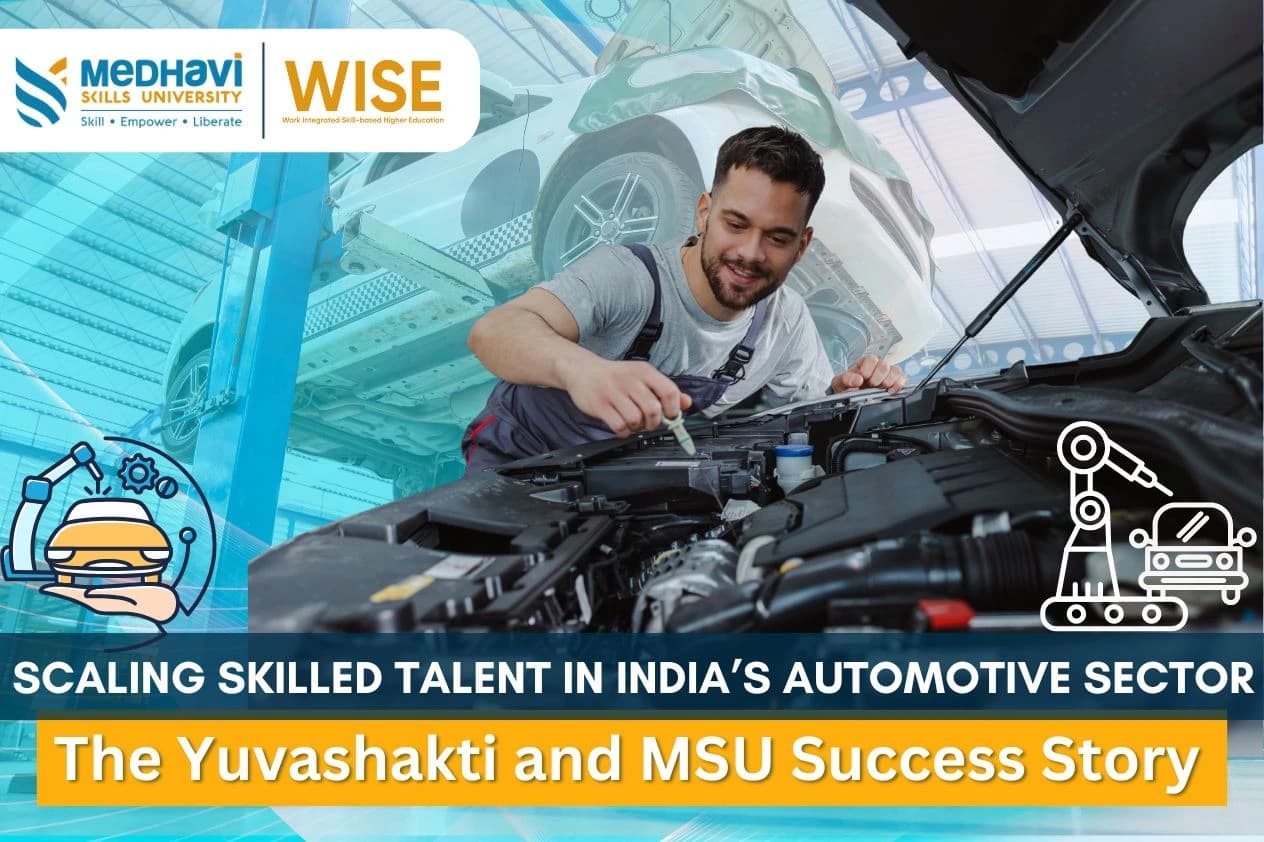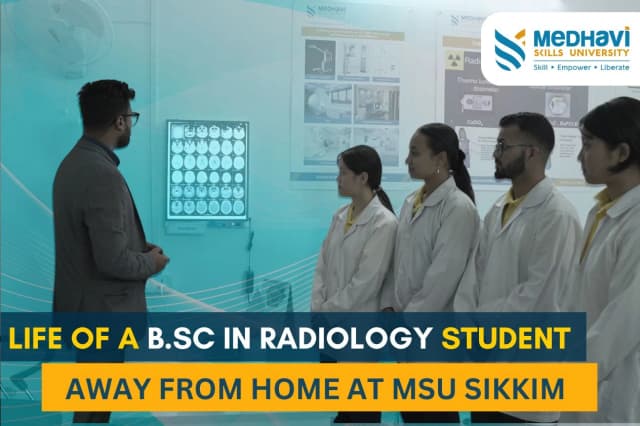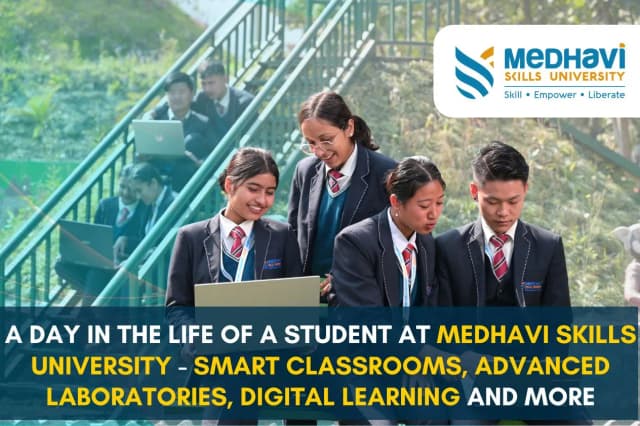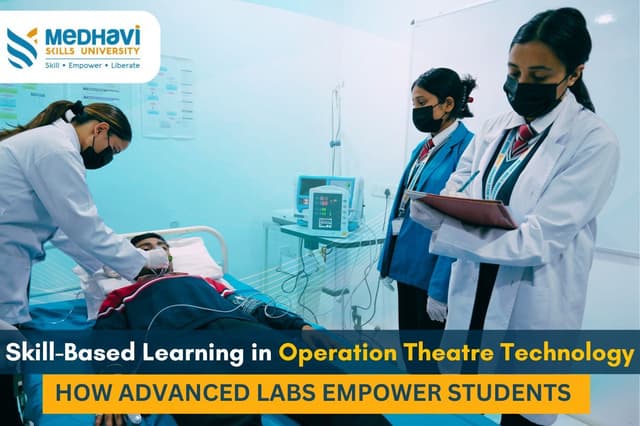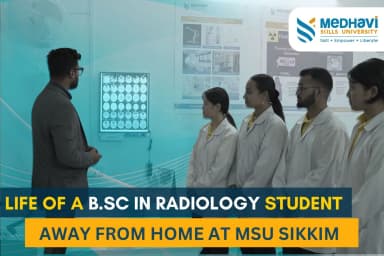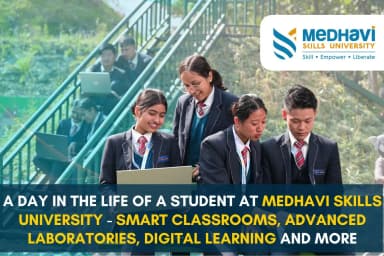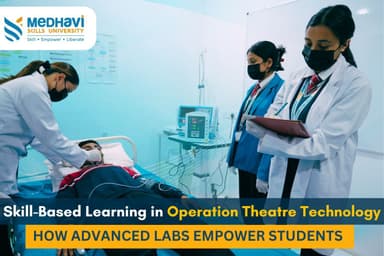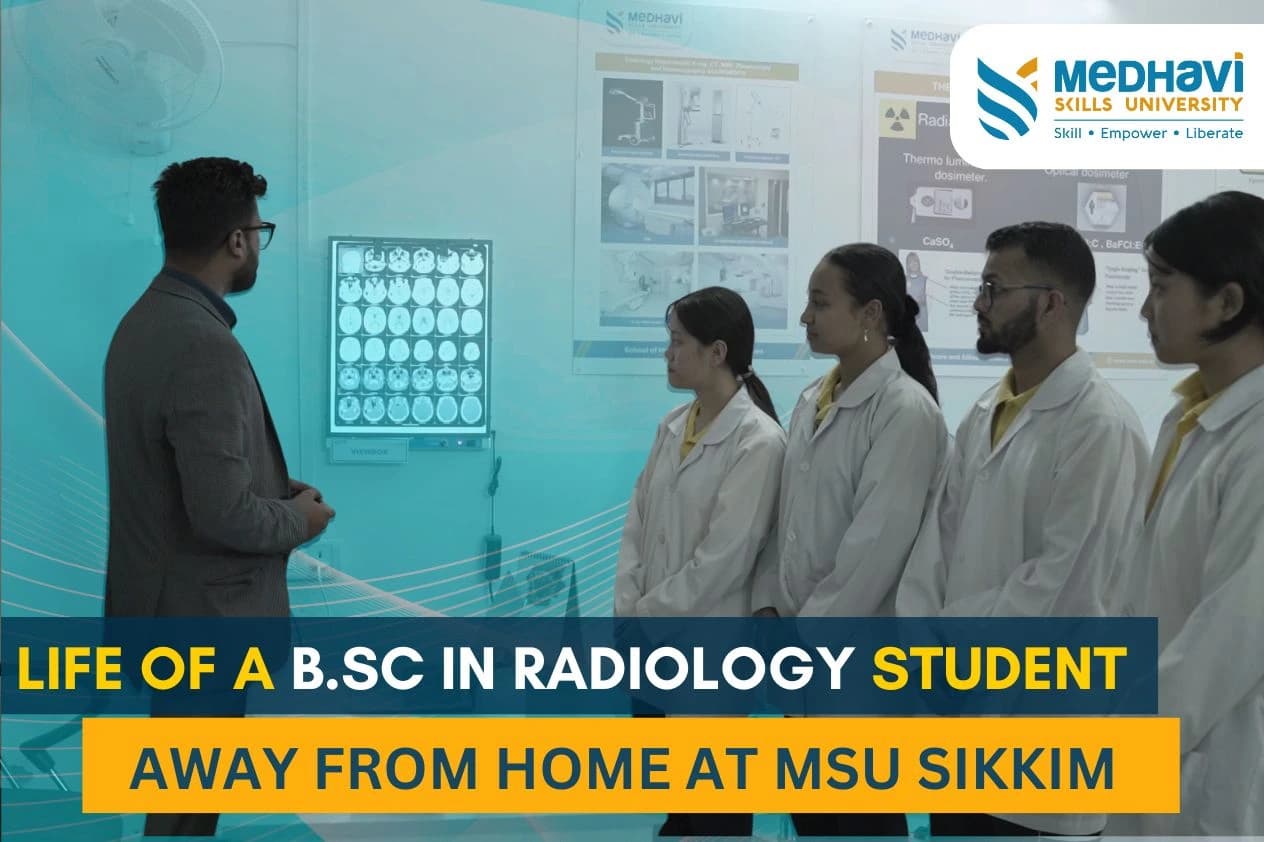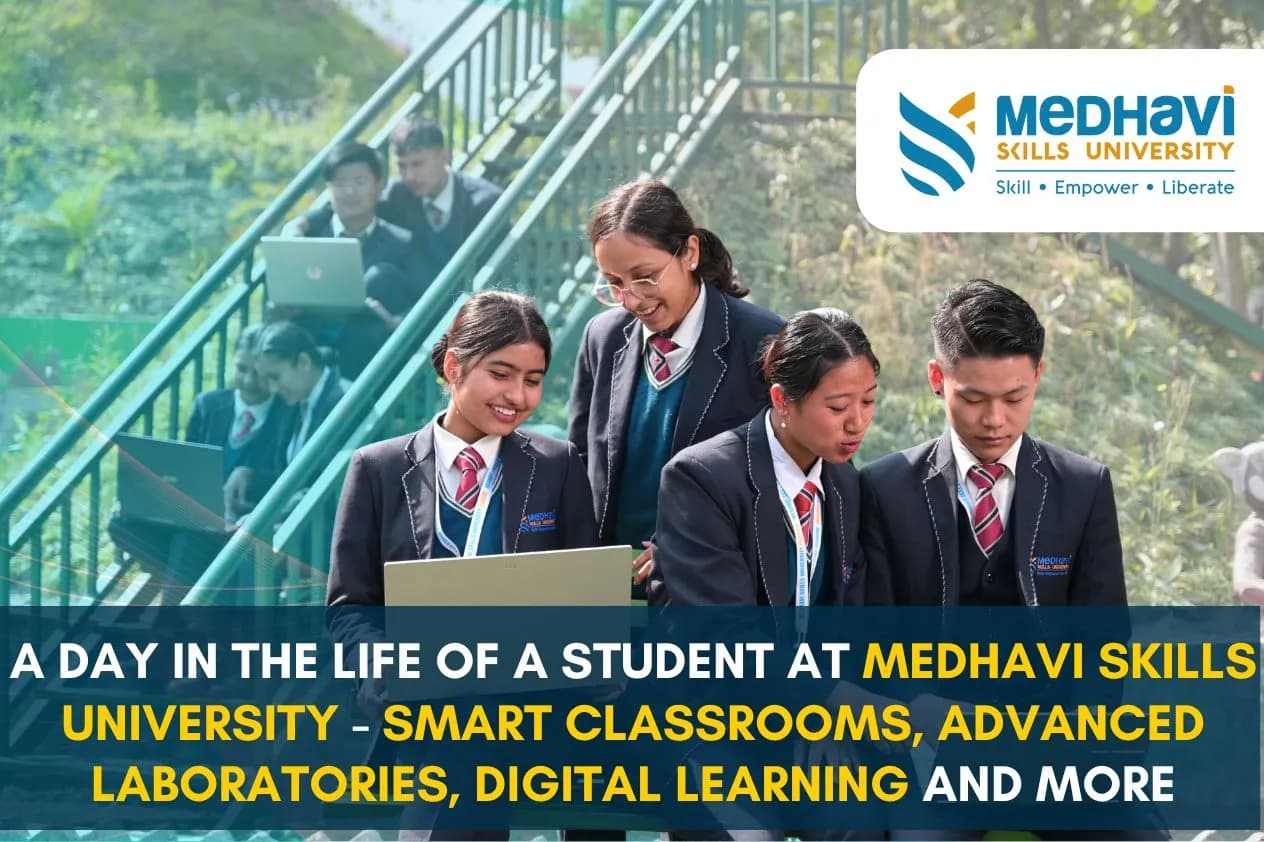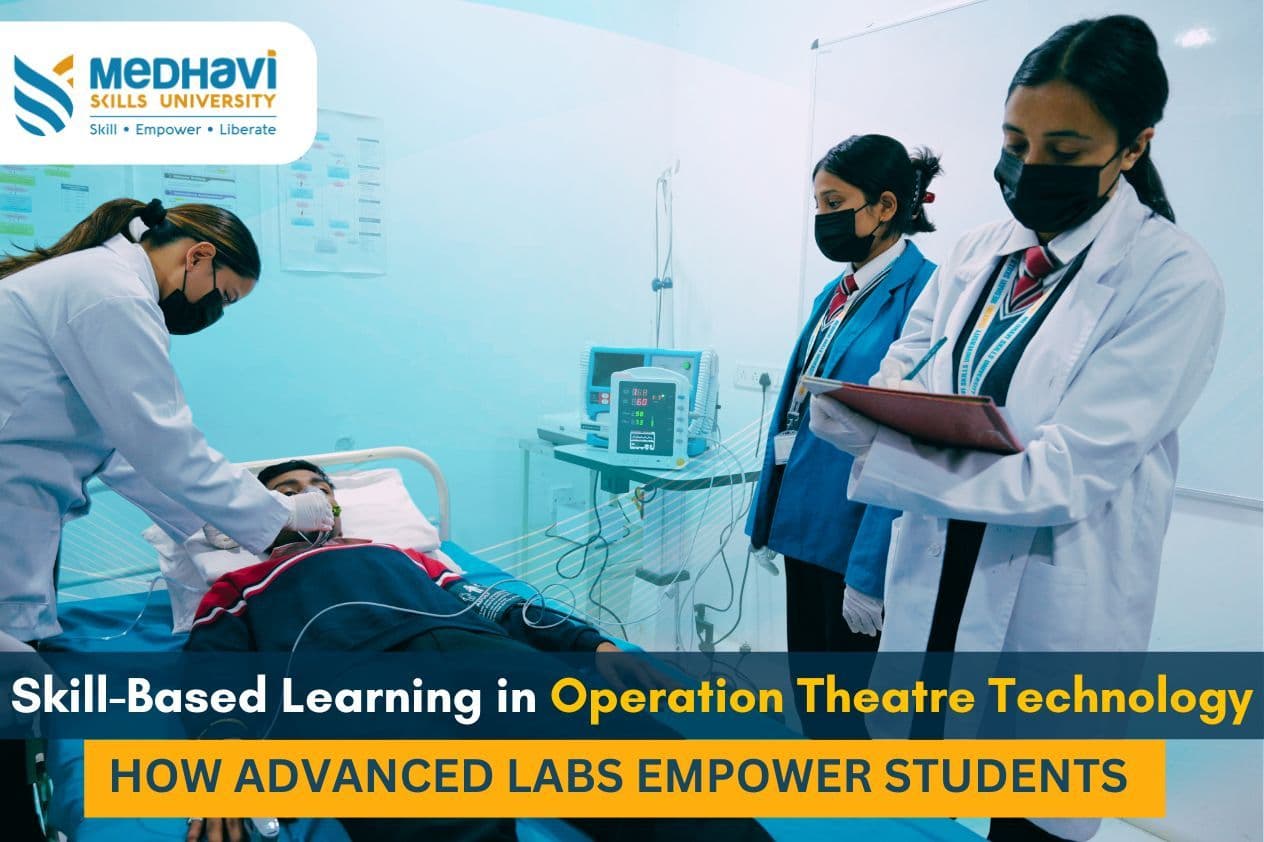The Indian automobile sector, an economic growth powerhouse, is moving through a phase of transformation. With increasing demand for motor vehicles, rapid technological improvements, and the drive toward electric mobility, the industry needs a labor force that is not only skilled but also responsive to fast changes. But looming large in the background is an enduring problem: a dearth of recruitment-ready talent, especially in Tier 2 and Tier 3 cities, and time and money required to train them further. Yuvashakti Skill India Pvt Ltd (YSF), jointly with Medhavi Skills University (MSU), is filling this vacuum by creating an innovative work-integrated staffing model that is revolutionizing vocational education and workforce deployment for the automotive industry.

The Challenge: Skill-Employability Gap
The automotive sector employs a massive pool of young people, however time and again employers are faced with a dual concern. Employers cannot find the right skilled manpower to employ, and they are also relying on costly time in the training of young hires. For automotive employers, involved in both manufacturing and services, almost 60% of them have an issue searching for candidates with the correct technical and practical skills. The problem is magnified in Tier 2 and Tier 3 cities, where there is inadequate access to proper training and education. For youth in these cities , not having any clear defined entry points to employment, falls either into unemployment or underemployment, therefore widening economic gaps.
Seeing this, YSF embarked on designing anscalable solution that not only solved the industry's skill deficit but also gave youth sustainable career prospects.
The objective was simple: design a system that produces job-ready professionals and enhances long-term employability.
The Solution: A Work-Integrated Learning Revolution
YSF collaborated with Medhavi Skills University (MSU) to deliver a degree-embedded apprenticeship model expressly designed for the automotive sector. This groundbreaking model integrates UGC-approved degree courses with organized on-the-job training to provide students with both academic and practical skills. Through the blend of learning in classrooms and exposure to actual industry work environments, YSF and MSU have established a source of skilled manpower waiting to be absorbed by automotive employers.
The framework is established upon four crucial pillars:
- Effective Mobilization
YSF's community-based outreach guarantees students from marginalized areas, especially Tier 2 and Tier 3 cities, access to quality training and education. Through contact with schools, local communities, and organizations, YSF finds and enrolls candidates who may otherwise miss the opportunity for such training. Such an inclusive focus not only makes education democratic but also leverages an enormous pool of unexploited talent.
- Industry-Responsive Training
The curriculum is co-designed by MSU and YSF to be in line with the exact requirements of the automotive industry. The students are prepared for high-in-demand positions like Automotive Service Technician, Assembly Line Operator, and Quality Control Associate. The training integrates theoretical learning with experiential knowledge at top-of-the-line automotive companies, so that the graduates are work-ready from day one. This industry-specific model reduces the time involved for employers to upskill, hence streamlining the hiring process.
- Student Mentorship and Support
Acknowledging that the acquisition of skills is only half the battle, YSF and MSU place equal emphasis on comprehensive student support. Ongoing mentorship, career guidance, and academic tracking assist students in overcoming the ordeal of balancing learning and work. The support mechanism has been crucial in enhancing student retention and performance, such that participants are kept on track towards their career objectives.
- Electronic Monitoring and Compliance
To facilitate transparency and scalability, YSF and MSU have introduced a digital tracking system that is effortlessly integrated with academic and apprenticeship records. Technology-based, it enables stakeholders—students, teachers, and employers—to track progress in real time, ensuring program adherence and industry standards. This results in an efficient, streamlined process that facilitates scalability on a regional and industry level.

The Impact: Changing Lives and Industry
By March 2025, the partnership between YSF-MSU has registered impressive success. More than 2,598 students have registered for MSU's automotive work-integrated degree programs, overseen by YSF. The program covers all major Original Equipment Manufacturers (OEMs) and Tier-1 suppliers, highlighting the confidence industry leaders have in its quality and results.
Among the most impressive is the excellent rate of conversion of apprentices to permanent staff. Employers tell us that program graduates are not only technically skilled but also demonstrate a good work ethic and flexibility—hinge factors in the rapidly changing automotive industry. The high rate of conversion indicates that the program is effective in equipping students for long-term careers, as opposed to temporary jobs.
Another way to demonstrate the effectiveness of the program is student testimonials. Participants are often grateful for the opportunity to earn live learning, achieve financial independence, and gain industry exposure that they can otherwise not afford. For most, the program will impact classification of life-changing experiences for overcoming socio-economic barriers and establishing a sustainable, meaningful career.
Why This Model Matters
The YSF-MSU model is not only a training initiative; it's a roadmap to solve systemic issues in India's future-ready workforce. With academic standards combined with hands-on training, the model makes students not only employable but capable of success in a competitive market. For employers, it provides a consistent source of skilled manpower, minimizing recruitment expenses and training duration. For students, it offers a clear route to financial security and professional advancement.
In addition, the program's emphasis on Tier 2 and Tier 3 cities targets regional inequities in employment and education. By empowering young people in these regions, YSF and MSU are helping achieve inclusive economic growth and reduce the urban-rural divide.

Looking Ahead: Scaling for Greater Impact
The success of the YSF-MSU collaboration is a victory for the potential of partnership between industry and academia. As the automotive industry continues to change—swept along by trends toward electric vehicles, automation, and sustainability—the demand for qualified talent will increase. YSF and MSU are poised to expand their model to new areas and sectors while continuing to adapt their approach to feedback and industry demands.
For other industries struggling with similar skill deficits, the YSF-MSU model is a worth-watching example. What it shows is that work-integrated learning, when done with precision and intent, has the potential to remake individual lives as well as entire industries. By investing in youth, matching training to industry demand, and utilizing technology to secure transparency and scalability, this model is leading the charge for a more skilled, employable, and empowered workforce.
The collaboration between Yuvashakti Skill India Pvt Ltd and Medhavi Skills University is a prime example of how new education models can solve critical industry issues. By providing youth with the skills, knowledge, and resources to thrive, YSF and MSU are not just bridging the skill gap in the automotive industry but also building a better future for thousands of students. As India makes its way to becoming a global auto hub, efforts such as this one will be instrumental in propelling sustainable growth and opportunity.
These are the major benefits that students can gather from the BBA in Entrepreneurship and Technology Management by MSU and PhysicsWallah. Medhavi Skills University is a testament to how skills-based education can transform the connection between industry and academia. MSU enables students to learn and earn by offering industry-recognised programmes. For anyone looking to build a successful career in today’s fast-changing industry, this BBA program is a great choice.

